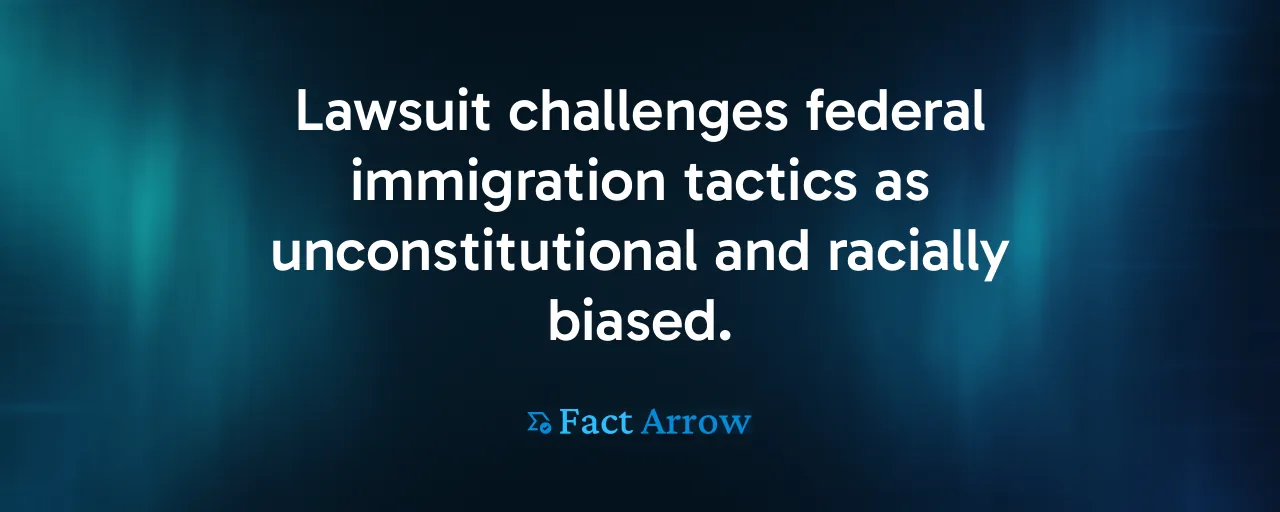A City Under Siege
Los Angeles woke to chaos on June 6, 2025, as federal agents swept through neighborhoods, detaining over 1,600 people in two weeks. The aggressive immigration raids, led by U.S. Immigration and Customs Enforcement (ICE) and Customs and Border Protection (CBP), targeted undocumented residents but ensnared U.S. citizens too. Families were torn apart, and fear gripped communities, leaving streets eerily quiet. California Attorney General Rob Bonta, leading a coalition of 19 states, fired back with an amicus brief in a lawsuit demanding an immediate halt to these tactics.
The raids, echoing a grim 1954 campaign that displaced 300,000 people, have reignited a fierce debate over immigration enforcement. Residents describe masked agents blocking roads, stopping people without clear justification, and refusing to identify themselves. The human toll is undeniable: children miss school, workers avoid jobs, and trust in local police erodes. The lawsuit, Vasquez Perdomo v. Noem, argues these actions violate constitutional protections against unreasonable searches and seizures.
Beyond the headlines, the raids reveal a deeper issue: a federal approach that prioritizes quotas over humanity. The Trump administration's push for mass deportations, inspired by outdated policies, has sparked widespread outrage. Advocates argue that true safety stems from policies upholding dignity and due process. The fight in Los Angeles is a microcosm of a national struggle over what America stands for.
Constitutional Violations in the Spotlight
The Fourth Amendment guarantees protection from unwarranted stops, yet plaintiffs in the Los Angeles lawsuit allege that ICE and CBP rely on racial profiling to meet arrest goals. Court filings detail U.S. citizens detained without cause, including verified cases of U.S. citizens being detained without reasonable suspicion. Such stories underscore a troubling pattern: enforcement tactics that cast a wide net, disregarding individual rights.
Legal experts point to affidavits describing overcrowded holding cells where detainees, including those with medical needs, faced neglect. These conditions violate basic standards of care and fuel distrust in institutions. The multistate brief, backed by California and 18 other attorneys general, argues that these practices harm public safety by discouraging crime reporting and cooperation with local police.
Historical precedent supports the push for accountability. In 2019, California secured a settlement against federal overreach in United States v. California, protecting sanctuary policies. A 2020 Ninth Circuit ruling further limited the government's ability to punish cities for non-cooperation. These victories show that courts can rein in unlawful enforcement, offering hope for the current case.
The Ripple Effects on Communities
The economic fallout from the raids is staggering. Studies estimate billions in losses when undocumented workers, vital to industries like agriculture and construction, avoid public spaces. In Los Angeles County, home to roughly one million undocumented residents, businesses report labor shortages and declining revenue. Local governments face shrinking tax bases, straining public services.
Social costs are equally severe. Fear of detention keeps parents from taking children to doctors or reporting domestic violence. Peer-reviewed research links such raids to lower crime-reporting rates among Latino communities, making neighborhoods less safe. Mental health experts warn of rising anxiety and trauma, particularly among children witnessing family separations.
Community advocates emphasize that trust, once broken, is hard to rebuild. When federal agents operate without transparency, residents hesitate to engage with any authority, undermining civic life. The raids' chilling effect extends beyond immigrants, affecting entire neighborhoods where fear now shapes daily routines.
A Call for Humane Solutions
The Los Angeles crisis demands a reimagining of immigration policy, extending beyond legal battles. Advocates for fair treatment propose court injunctions to limit ICE's authority and protect sensitive locations like schools and hospitals. Expanding access to legal counsel for detainees could prevent wrongful deportations, ensuring due process.
Strengthening sanctuary protections offers another path forward. Cities like Los Angeles have long prioritized community policing, as seen in the LAPD's 1980s policies limiting immigration inquiries. These measures foster cooperation between residents and law enforcement, enhancing safety. Comprehensive reform, including pathways to legal status, could address root causes of unauthorized migration while supporting economic stability.
State and local leaders also see potential in compromise. Pilot programs for work permits, paired with stronger employer verification, could reduce illegal hiring without disrupting lives. Transparent oversight, such as body-camera mandates for federal agents, would build accountability. These steps align with a vision of justice that values human dignity over enforcement metrics.
Looking Ahead With Resolve
The fight in Los Angeles is far from over. The Vasquez Perdomo lawsuit, bolstered by a coalition of states and community groups, signals a refusal to accept fear as policy. By challenging unconstitutional tactics, plaintiffs and their allies aim to restore trust and protect the rights of all residents, regardless of status.
Communities, advocates, and policymakers are called to work together to demand policies that prioritize fairness and humanity. Past victories, from court rulings to local protections, prove that change is possible when people unite against injustice.
As Los Angeles navigates this turbulent moment, its response will shape the national conversation on immigration. The path forward involves building a future on inclusion and respect, ensuring the city and nation honor the principles of justice and community.
